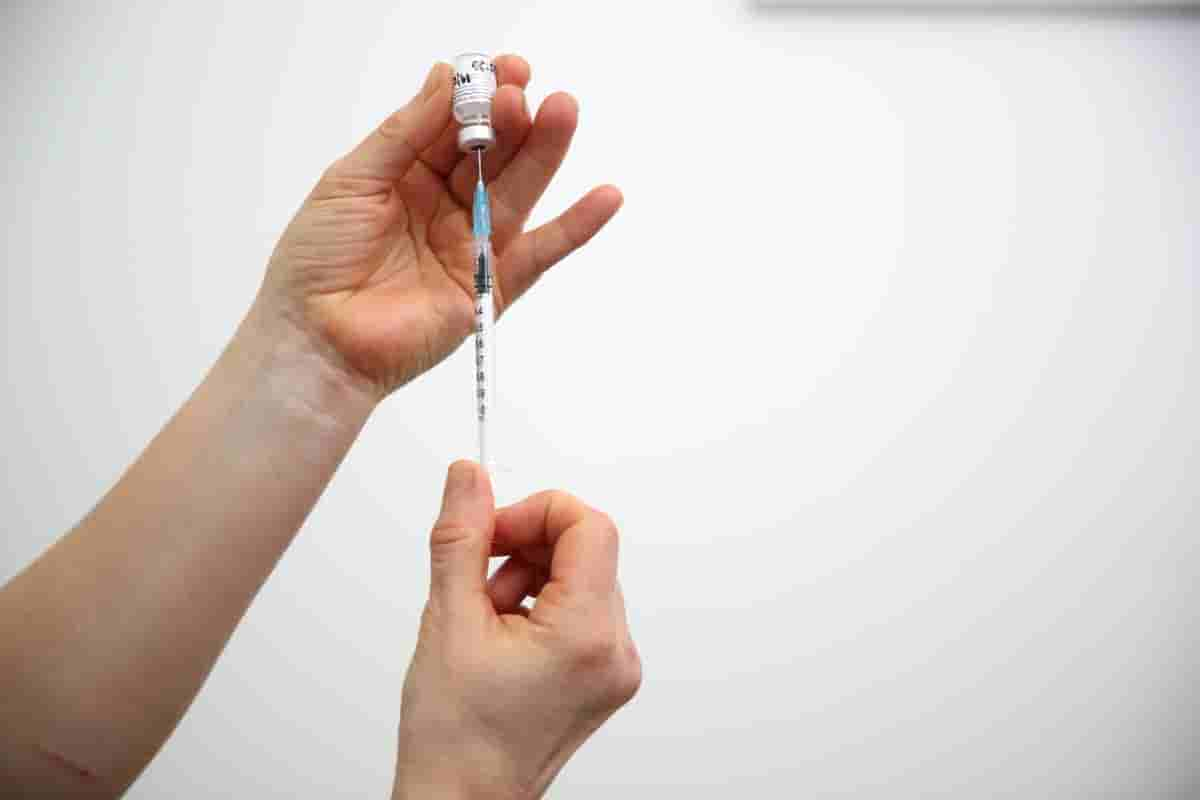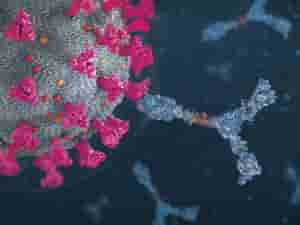A new study by the Rockefeller University has suggested that people who had COVID-19 and then got two vaccine doses might have the possibility of a “superhuman immunity” because of their hybrid exposure. Such immunity will help the person fight off COVID-19 and most of its variants in the future.
The study, published last month, found antibodies in people who had hybrid exposure. The antibodies are of very high levels and could neutralize at least six COVID-19 mutations, including the more transmissible Delta variant.
Talking about people who had hybrid exposure, Rockefeller University virologist Theodora Hatziioannou, who helped with the study, said: “Those people have amazing responses to the vaccine. After natural infections, the antibodies seem to evolve and become not only more potent but also broader. They become more resistant to mutations within the [virus].”
The study involved a sample population of 14 people with hybrid exposure. Hatziioannou cautioned that because of such a small sample size, they are unsure if every person who had COVID-19 and had two vaccine doses has the same strong immune response. Hatziioannou reiterated, however, that with every single one of the patients they studied, they saw the same thing.
The study hopes to determine further if people who will receive a booster shot will have the same immune response. Hatziioannou noted that what they are confident of is the booster shot will help a person’s antibodies evolve further and “will acquire some breadth,” but they are not yet sure if it will manage to get the same breadth that people with hybrid exposure has now.

The other study with almost the same results was from the University of Pennsylvania’s immunologist John Wherry.
He shared with NPR that their study found people who were fully vaccinated developing flexible antibodies. “In our research, we already see some of this antibody evolution happening in people who are just vaccinated although it probably happens faster in people who have been infected,” Wherry added.
Read More: New Lab Study Claims Common Drug Can Reduce COVID-19 Infection By Up To 70%


